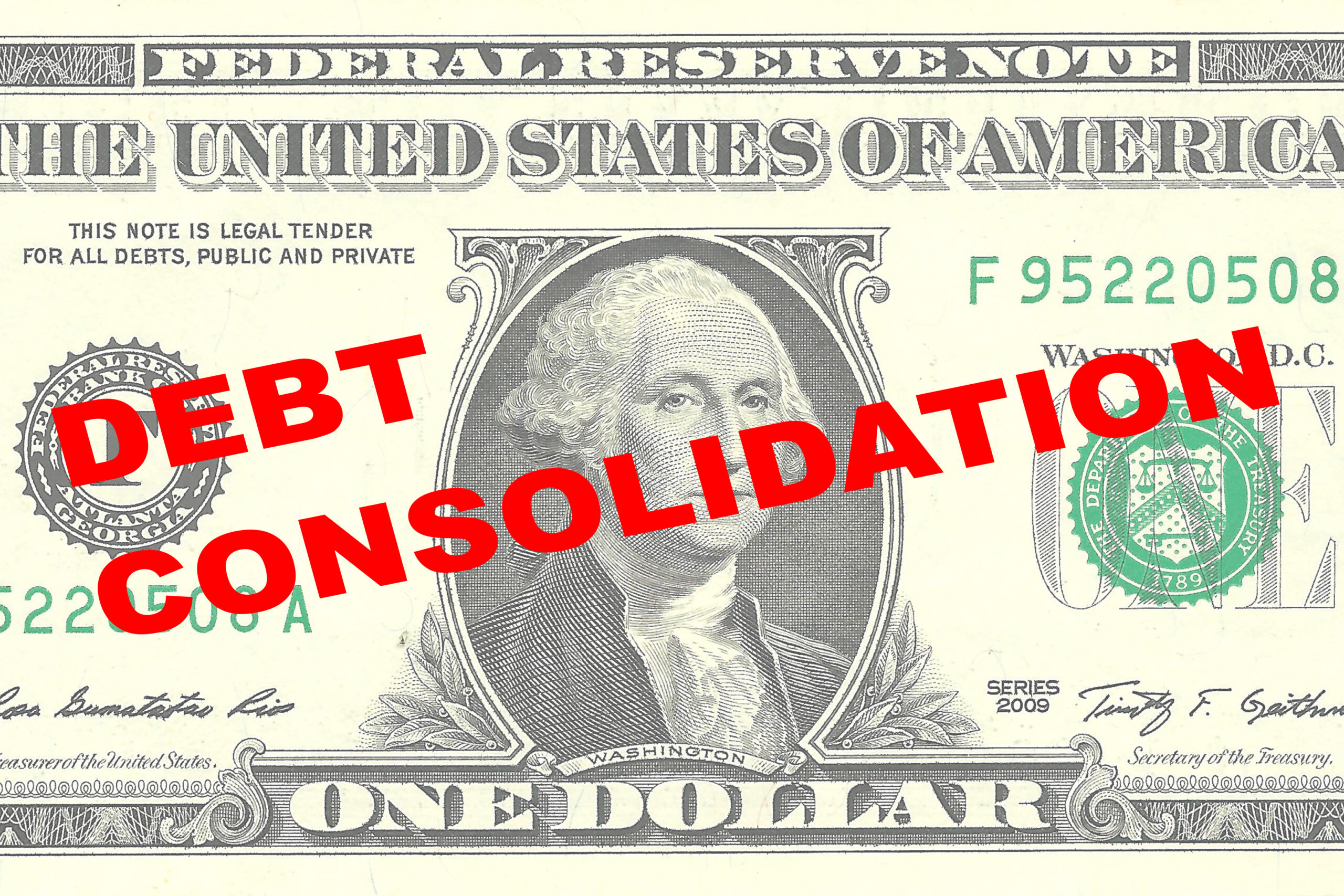
Debt consolidation is an effective strategy for managing overwhelming debt by combining multiple loans into a single payment. However, if you’re planning to buy a house after consolidating your debts, it’s essential to understand how this decision impacts your home-buying timeline. While debt consolidation can improve your credit score over time, the immediate effects may delay your ability to secure a mortgage. Let’s explore the factors that influence how long you should wait before purchasing a home.
Impact of Debt Consolidation on Your Credit Score
When you consolidate your debts, it can initially lower your credit score due to the hard inquiry from your lender. This dip is usually temporary, but it’s crucial to monitor your credit report closely after consolidation. As you make timely payments on your consolidated loan, your credit score should gradually improve. A higher credit score will increase your chances of qualifying for a mortgage at a favorable interest rate.
Mortgage Lender Requirements
Mortgage lenders often have specific requirements for borrowers who have recently consolidated their debts. They typically want to see at least six months to a year of on-time payments on your consolidated loan before considering you for a mortgage. During this period, it’s important to demonstrate financial stability by avoiding new debt and maintaining consistent income. Meeting these requirements can help you qualify for a mortgage more easily.
Timing Your Home Purchase After Debt Consolidation

The ideal time to buy a house after debt consolidation depends on several factors, including your credit score recovery, lender requirements, and overall financial health. Many experts recommend waiting at least 12 to 24 months after debt consolidation to allow your credit score to fully recover. This waiting period also gives you time to save for a down payment and reduce your debt-to-income ratio, both of which are critical for securing a mortgage.
Improving Your Financial Position
While waiting to buy a house after debt consolidation, focus on improving your overall financial position. Continue making on-time payments, reduce your outstanding debt, and avoid taking on new credit. Building up your savings for a down payment and emergency fund will also strengthen your mortgage application. The better your financial health, the more likely you are to secure favorable mortgage terms when you’re ready to buy.
What to Keep in Mind Before Purchasing a Home
Before purchasing a home after debt consolidation, consider the long-term impact of your financial decisions. Make sure you have a stable income, a healthy credit score, and sufficient savings to cover unexpected expenses. It’s also important to assess whether homeownership aligns with your current financial goals and lifestyle. Taking the time to prepare financially will increase your chances of a successful and sustainable home purchase.
Preparing for Your Next Steps
Navigating the path to homeownership after debt consolidation requires careful planning and patience. By understanding the impact of debt consolidation on your credit score, meeting mortgage lender requirements, and timing your purchase wisely, you can set yourself up for success. Focus on improving your financial health and making informed decisions to ensure that when you do buy a house, you’re in the best possible position to achieve your homeownership goals.

Latrice is a dedicated professional with a rich background in social work, complemented by an Associate Degree in the field. Her journey has been uniquely shaped by the rewarding experience of being a stay-at-home mom to her two children, aged 13 and 5. This role has not only been a testament to her commitment to family but has also provided her with invaluable life lessons and insights.
As a mother, Latrice has embraced the opportunity to educate her children on essential life skills, with a special focus on financial literacy, the nuances of life, and the importance of inner peace.



